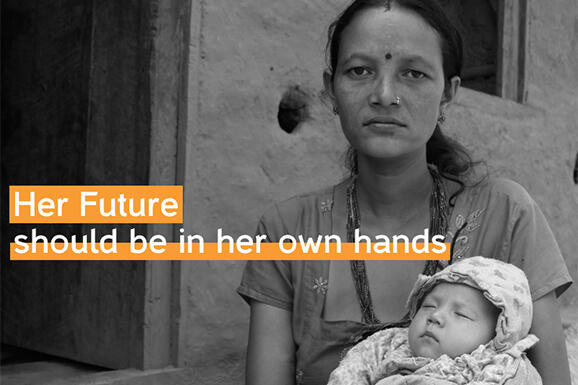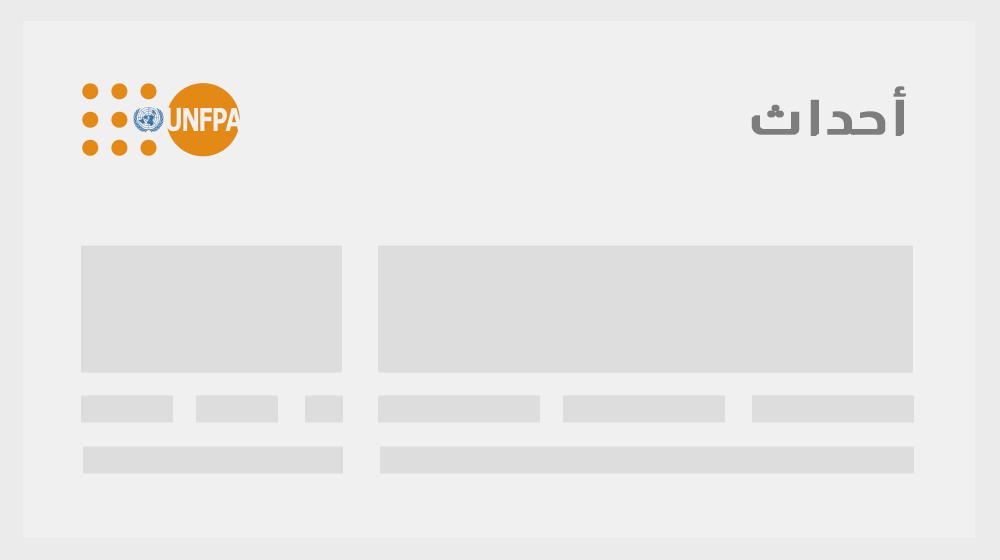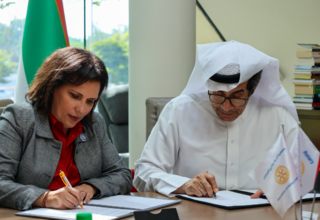
The 2017 Family Planning Summit will bring together leaders and advocates from around the world to commit to expanding access to modern forms of contraception to an additional 120 million women, with a special focus on the most marginalized and vulnerable.

Why?
As policymakers seek to eliminate poverty and uphold human rights and dignity, they cannot afford to ignore one essential ingredient for sustainable development: voluntary family planning.
Family planning saves lives. It enables couples to choose whether and when to have children. It preserves women’s and girls’ health, and empowers them to pursue education and work. It boosts their ability to save, contribute to the economy, and invest in the health and education of their children. In sum, family planning enriches communities and strengthens economies.
Yet there are an estimated 214 million women in developing countries who have an unmet need for modern contraceptives.

Why now?
Five years ago, at the 2012 London Summit on Family Planning, leaders affirmed the importance of family planning to women’s empowerment and global prosperity. More than 20 governments, as well as NGO partners committed to addressing contraceptive needs, with a vision of reaching 120 million women and girls with modern contraceptives by 2020.
This year, UNFPA, the United Kingdom, and the Bill & Melinda Gates Foundation are organizing a follow-up Family Planning Summit. It is an opportunity to assess progress, review how family planning can contribute to new and critical global development goals (such as the 2030 Agenda for Sustainable Development), and recommit to enabling every woman to realize her right to choose whether and when to have children.
The Summit will take place on 11 July, which is World Population Day, a day to focus attention on population issues, including family planning.

What will be discussed?
The event will focus on four key issues: innovative financing models for procuring and delivering high-quality contraceptives; strengthening supply chains and expanding the range of contraceptives available to women; empowering young people with access to family planning information and care; and reaching the hardest to reach, such as women in humanitarian crises or facing cultural barriers.




